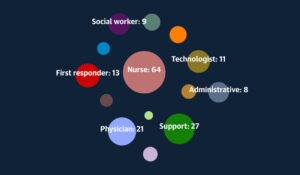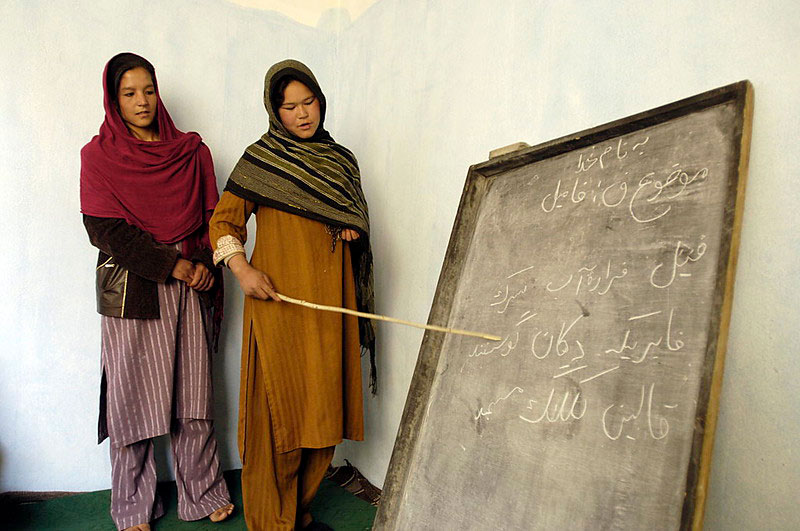April 18, 2016; Associated Press (ABC News)
The story made ripples when it came out last December. In 2009, a troubled young woman, Marie, claimed she had experienced a brutal rape, but friends, prosecutors, and investigators who doubted her story pressured her to retract her allegations, which she did. The young woman was even charged for reporting her allegations. Several years later, her attacker was caught, leaving a trail of women who had been victimized after Marie, and revealing several mismanaged police investigations. The story was essentially a contrast in police work done well and badly, and a testament to the terrible consequences that can come from badly handled rape investigations.
With its unitary focus on criminal justice, the Marshall Project was able to bring a deep knowledge base to bear. Knowing where to look was much of what allowed the story to do what it was supposed to do in terms of gaining attention for a longstanding problem of inadequately done rape investigations, and, on Monday, “An Unbelievable Story of Rape,” written jointly by the Marshall Project and ProPublica, won a Pulitzer Prize, the first for the Marshall Project and third for ProPublica. With the uncertain future of nonprofit journalism, the Marshall Project’s success is one more indication of the sector’s growing importance in a field which, after all, is central to an informed civil society.
Sign up for our free newsletters
Subscribe to NPQ's newsletters to have our top stories delivered directly to your inbox.
By signing up, you agree to our privacy policy and terms of use, and to receive messages from NPQ and our partners.
Hailed as an important, revelatory piece into the realities of lax police investigations into rape cases, the piece was eye-opening not only for the story it told but the way it told it. The story of Marie’s assault in Washington state is told in parallel to investigations occurring in Colorado for the same perpetrator, illustrating how investigations in different states and jurisdictions often struggle without synchronicity, at the expense of the public. The conduct of the police officers who accused Marie of lying after she made inconsistent statements is meant to be viewed in contrast to Detective Stacy Galbraith, the lead detective on the cases in Colorado, who exhibits the ideal conduct of an investigator delving into rape cases.
As NPQ has reported, nonprofit journalism is gradually expanding more and more into mainstream media, but niche sites like the Marshall Project have a different role to play in looking to have a significant impact on informing public policy advocacy in specific issue areas. This focus allows for reporting that asks all the right questions. For example, the Marshall Project’s live-tracking of executions, the first of any journalism site or publication, would not likely be done anywhere else and, without it, as we have often seen happen, the issue might be expected to sink below the horizon of public attention.
Nonprofits need, in general, to consider and celebrate the role played by these important new efforts among us and watch carefully as they evolve because their revenue models are still very much in development.—Shafaq Hasan













